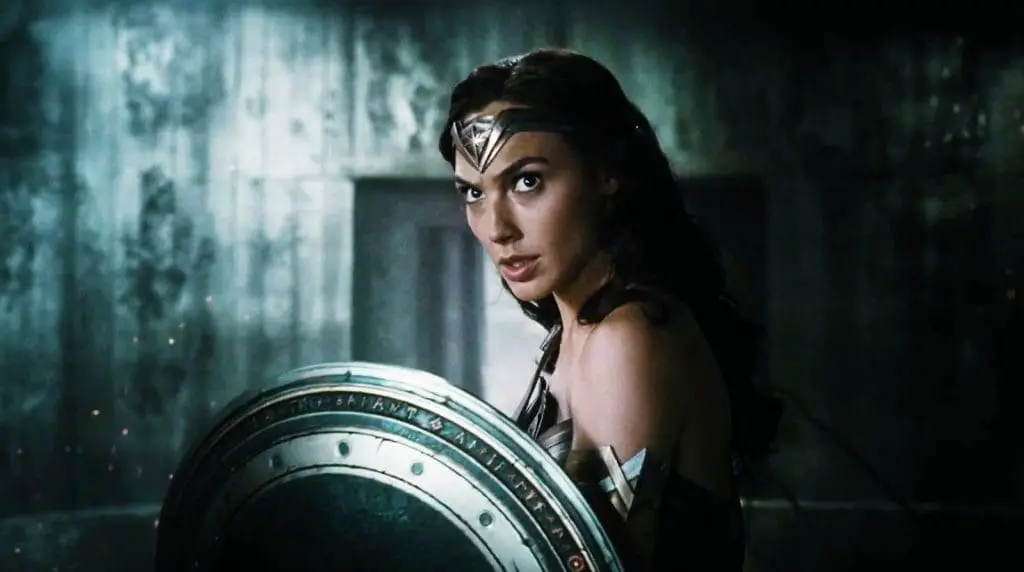
At a time when animated feature films are veering wildly into the direction of vulgar, chaotic adventures in CGI tackiness, the 35th anniversary DVD release of Rene Laloux’ “Fantastic Planet” offers a blast of fresh air. Created in an era when animation was seen as something more than a vehicle to sell cheap Chinese-made toys, “Fantastic Planet” still resonates with intellectual daring and artistic eccentricity.
Set in an unknown time on an unnamed planet, the film involves the struggle between the Oms and the Traags (some versions spell it “Draags,” but the subtitles here call the being “Traags”). The Oms are obviously humans and their civilization somehow collapsed, reducing them to living as scavengers in ragged furs and fabrics. In this setting, they are subservient to the Traags, the blue-skinned, red-eyed beings that tower 40 feet above the Oms. The Traags view the Oms as either pets or pests – harmless playthings for children or annoying feral vermin who are routinely gassed when their population becomes overwhelming to the orderly Traags.
In the midst of this uneasy order arrives Terr, a pet Om who accidentally gains access to the profound scientific knowledge of the Traags. Using this newfound brainpower, he escapes and inspires a colony of wild Oms to revolt against the Traags’ cruelty. As part of this rebellion, Terr and his fellow Oms use their Traag-worthy learning to create rocket ships that will take them to a new homeland where they can re-establish their own civilization. But can they escape before the Traags unleash a planned genocide of the wild Oms?
Obviously, “Fantastic Planet” goes eons beyond animated films with rats cooking gourmet food or green ogres trying to be hipsters. “Fantastic Planet” is obviously among the most political animated films of all time. With its bold and blatant challenge to authority (political, religious and social), the movie celebrates the effort to fight back against intellectual inertia and foolish superstitions. Power, as defined by the film, is fueled by brains and supplemented by brawn. Brute force without thought is derided in Laloux’ mindframe, while stagnant intellectualism that does not adapt to different opinions is also criticized with devastating fury.
Indeed, the anti-authoritarian dimensions of “Fantastic Planet” nearly capsized the production when it began in the late 1960s – Laloux initially contracted with Czechoslovakian animators, who were later forced to abandon the project when the Communist government saw too many parallels between the screenplay and the doomed Prague Spring uprising. Laloux completed the film in France, although the Czechs still retain co-production credit.
A warning to parents: the film also employs a substantial amount of graphic violence and full frontal nudity. Yet those devices aren’t included for Seth MacFarlane-style crass giggles. If anything, “Fantastic Planet” is animation for mature adults seeking cerebral stimulation. While Laloux’ psychedelic visual imagery and Alain Goraguer’s theremin-heavy music score are clearly not contemporary, the film spirit is more than relevant to anyone upset over today’s environment of encroaching complacency and inertia.
There is one major complaint in this DVD release: the English subtitles on the original French-language version contain too many typographical errors. The sloppiness in the subtitles is distracting and unprofessional. However, the DVD also includes the English-dubbed version, and there is absolutely nothing wrong with that edition (which is faithful to the original screenplay).


